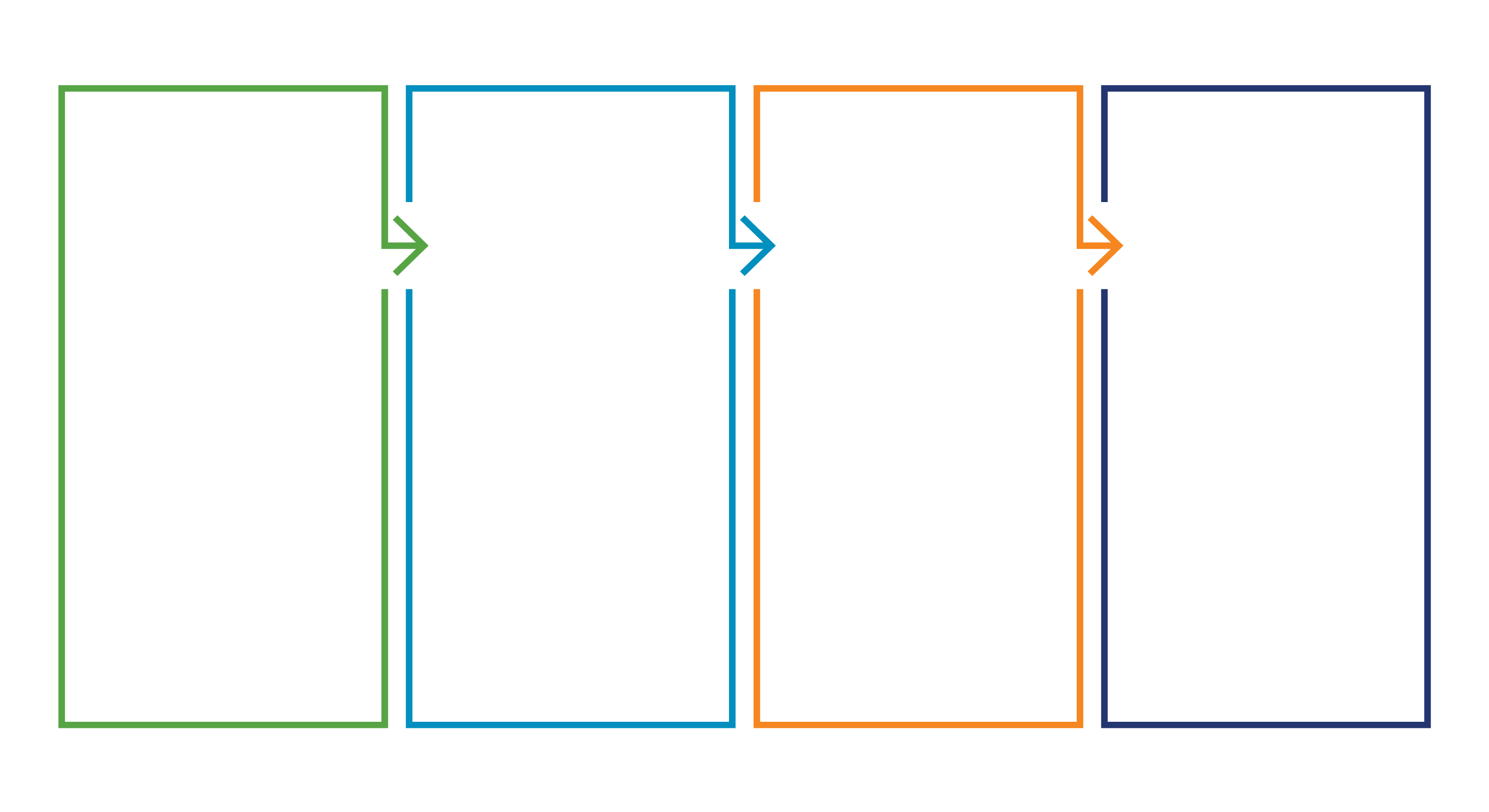
Research is clear that becoming a skilled, confident reader during the first few years at school has a direct impact on a child’s well-being and positive school outcomes. Our aim is to support education leaders to ensure that all children can read by the end of Grade 3.
In collaboration with literacy experts, educators and Indigenous communities across North America, The Learning Bar developed the Confident Learners Program, a 3-year intervention designed to markedly improve the reading skills of children, build educators’ leadership and instructional capacity and support caregivers in becoming effective partners in their children’s reading success.
Video - Unlock each child’s potential
Empowering educators with the skills to drive change
The first step to sustainable literacy improvements is to empower educators with the knowledge and skills that are directly linked to the science of reading and effective classroom practice. Knowledge that is grounded in academic research, linked to proven and practical classroom intervention and that supports how children learn to read. Managing the wide range of learning needs in the classroom is one of the greatest challenges educators face. Each school and community has their own areas of strength and challenge that need to be addressed in a coordinated way to make meaningful gains in student literacy and graduation rates.
The program will:
Provide the scope and sequence for teaching children core literacy skills.
Give teachers an opportunity to increase their professional literacy knowledge and apply this in the classroom.
Support parents and caregivers in becoming effective partners in their children’s learning to read.



